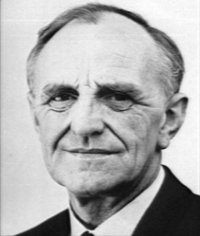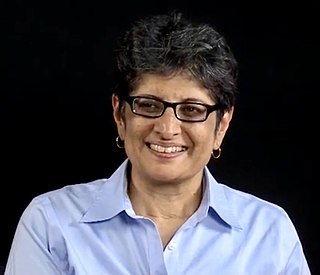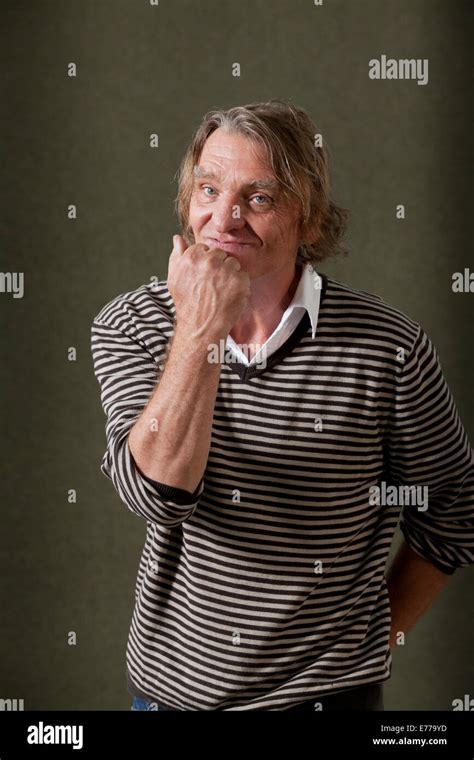A Quote by F. Scott Fitzgerald
The helpless ecstasy of loosing himself in her charm was a powerful opiate rather than a tonic.
Related Quotes
Truth as a cultural ideal has functioned as an opiate, perhaps the only serious opiate of the modern world. Karl Marx said that religion was the opiate of the masses. Raymond Aron retorted that Marxist ideas were in turn the opiate of the intellectuals. There is perspicacity in both these polemical thrusts. But is perspicacity truth? I wish to suggest that perhaps truth has been the real opiate, of both the masses and the intellectuals.
I do believe that, where there is only a choice between cowardice and violence, I would advise violence. I would rather have India resort to arms in order to defend her honour than that she should, in a cowardly manner, become or remain a helpless witness to her own dishonour. But I believe that nonviolence is infinitely superior to violence, forgiveness is more manly than punishment.
The mother gazes at the baby in her arms, and the baby gazes at his mother's face and finds himself therein... provided that the mother is really looking at the unique, small, helpless being and not projecting her own expectations, fears, and plans for the child. In that case, the child would find not himself in his mother's face, but rather the mother's own projections. This child would remain without a mirror, and for the rest of his life would be seeking this mirror in vain.
The person in peak-experiences feels himself, more than other times, to be the responsible, active, creating center of his activities and of his perceptions. He feels more like a prime-mover, more self-determined (rather than caused, determined, helpless, dependent, passive, weak, bossed). He feels himself to be his own boss, fully responsible, fully volitional, with more "free-will" than at other times, master of his fate, an agent.
But I'd rather help than watch. I'd rather have a heart than a mind. I'd rather expose too much than too little. I'd rather say hello to strangers than be afraid of them. I would rather know all this about myself than have more money than I need. I'd rather have something to love than a way to impress you.





































